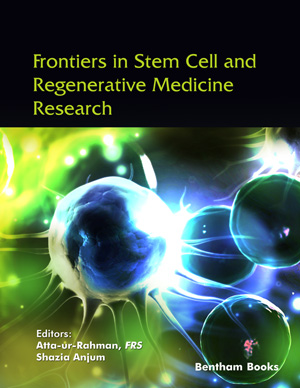Abstract
The development of induced pluripotent stem cells (iPSCs) has shown a great potential in disease modeling, drug screening, organ reconstruction and cancer therapy. Hepatitis C virus (HCV) infection is a leading cause of hepatocellular carcinoma (HCC), particularly in Western countries. However, HCV infection has never been fully understood because the culprit virus only preferably infects human and chimpanzee. Hepatocyte-like cells derived from human iPSCs have been reported to be susceptible to infection with HCV and may serve as an appropriate model for HCV infection. Recently, the field of HCV research has been revolutionized by the finding that pigtail macaque (Macaca nemestrina) hepatic cells derived from iPSCs support the entire HCV life cycle, and pigtail macaques may serve as a suitable, clinically relevant model for the study of HCV infection. Moreover, the technologies generating vascularized and functional human liver from human iPSCs by transplantation of liver buds created in vitro have also been established. These findings will play a very important role in understanding the mechanism of HCV infection and therapy for HCV related HCC.
Keywords: Disease modeling, hepatitis C virus, hepatocellular carcinoma, induced pluripotent stem cells, iPSCs, liver transplantation.











